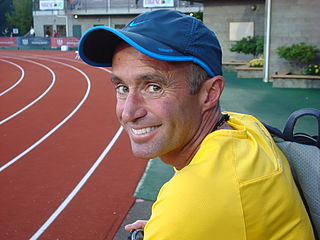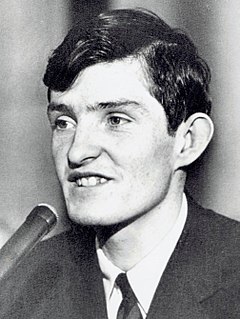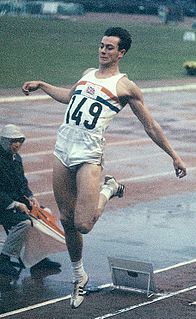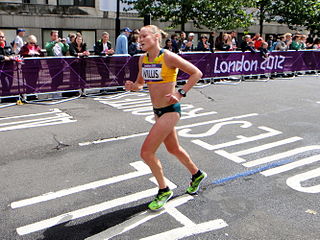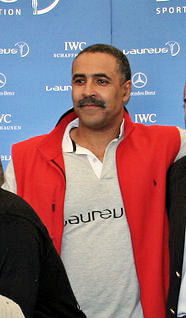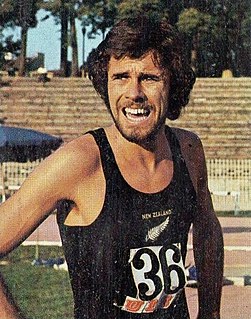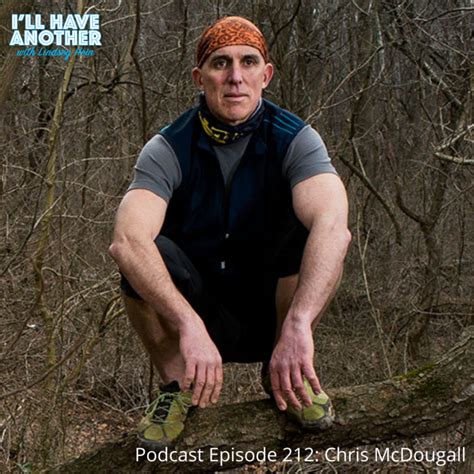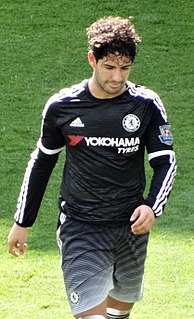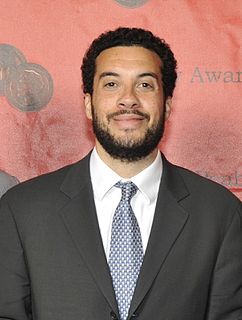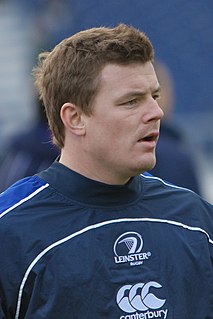A Quote by Alberto Salazar
I've found that my athletes run their best races after about 10 weeks of intense training.
Related Quotes
The Cardiff Half Marathon has already proved itself to be one of the biggest and best road races in the U.K., and when the best athletes in the world run on the same course, the times should be spectacular. But the real beauty of this event is that ordinary runners get the chance to line up on the same start line as the best athletes in the world.
O.J. Simpson was primarily interested in O.J. His rise to fame in the late '60s coincided with the period where black athletes were more outspoken and political than in any era. You're talking about the generation of black athletes that came about after Jackie Robinson. Athletes after that were just happy to find a place in sports. But when you got to the mid-'60s, you had athletes like Jim Brown and Muhammad Ali, who were very outspoken on the issues of race and civil rights.
